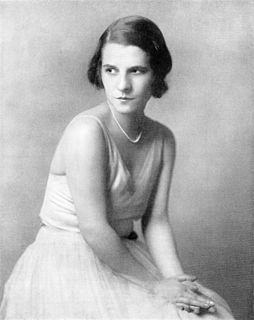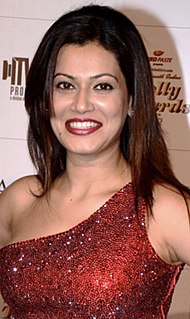A Quote by Ruth Gordon
If you're thinking of becoming a critic, why not make other plans?
Related Quotes
Technique is really personality. That is the reason why the artist cannot teach it, why the pupil cannot learn it, and why the aesthetic critic can understand it. To the great poet, there is only one method of music - his own. To the great painter, there is only one manner of painting - that which he himself employs. The aesthetic critic, and the aesthetic critic alone, can appreciate all forms and all modes. It is to him that Art makes her appeal.
Critical thinking does seem a superior sort of thinking because it seems as though the critic is actually going beyond the scope of what is being criticized in order to criticize it. That is only rarely a true assumption because, most often, the critic will seize on some little aspect that he or she understands and tackle only that.
I tried not to think about my life. I did not have any good solid plans for it long-term - no bad plans either, no plans at all - and the lostness of that, compared with the clear ambitions of my friends (marriage, children, law school), sometimes shamed me. Other times in my mind I defended such a condition as morally and intellectually superior - my life was open and ready and free - but that did not make it less lonely.
There's lots of room to be your own worse critic. It's just you, so I think that's inherit, that voice that's always that's there monitoring everything you do. It's definitely worse; the critic is harder when it's just you. If you're doing a show, then the critic can blame the other actors your with.




































